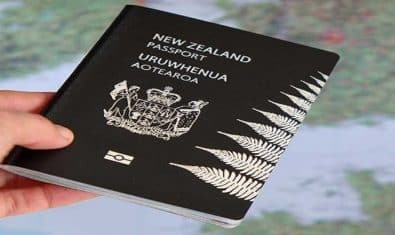A study carried out by Aga Khan University (AKU) has disclosed that 50% of Pakistanis are unaware of the risk factors of SARS-COV-2 which causes COVID-19 disease or the coronavirus as it’s more commonly known these days.
Over the course of the study, AKU researchers met 738 men and women across Pakistan and asked them about the symptoms of COVID-19, risk factors, transmission modes, and ways of protection from the affliction.
Although 90% of the study participants were aware that the elderly are at an increased risk due to COVID-19, half of them were clueless of other risk factors such as heart, liver, and kidney conditions, asthma, diabetes, and a weak immune system.
In rural areas, 1 out of 10 participants was cognizant that being in overcrowded spaces increases the risk of contracting the disease. Worryingly, 74% of participants from rural areas believed that mosquito bites is the reason for the COVID-19 pandemic.
The majority of participants had adequate knowledge about the most common symptoms of the disease such as high fever, persistent cough, and rapid breathing. However, only 1 out of 3 participants were aware that joint or muscle pain is also a symptom of COVID-19.
Similarly, 1 out of 4 participants knew that a person could be carrying the disease without exhibiting any symptoms. In fact, only 8% of the total participants were aware of 5 or more out of 10 symptoms of the disease listed by the WHO.
Furthermore, most participants knew that symptoms of COVID-19 can last up to 14 days. However, 37% to 64% of them did not know that being in contact with a coronavirus patient could lead to a quarantine of 14 days.
The study has underscored the need to increase awareness regarding isolation practices in Pakistan.
Researchers also noted that most participants firmly believe that COVID-19 can be cured with existing medications. 60% of urban participants and 83% of rural participants were of the view that existing pneumonia vaccines are beneficial in curing the disease.
Encouragingly, all participants were aware of the importance of hand-washing, coughing and sneezing into tissue papers, wearing face masks in crowded spaces, and maintaining considerable distance from anyone sneezing or coughing.
Professor Zafar Fatmi of AKU Community Health Sciences Department said:
Accurate information represents the first step in effectively protecting oneself and one’s loved ones from the disease. This is especially critical for those living with at-risk groups as it will enable them to take the necessary precautions.
Via: Express Tribune

























